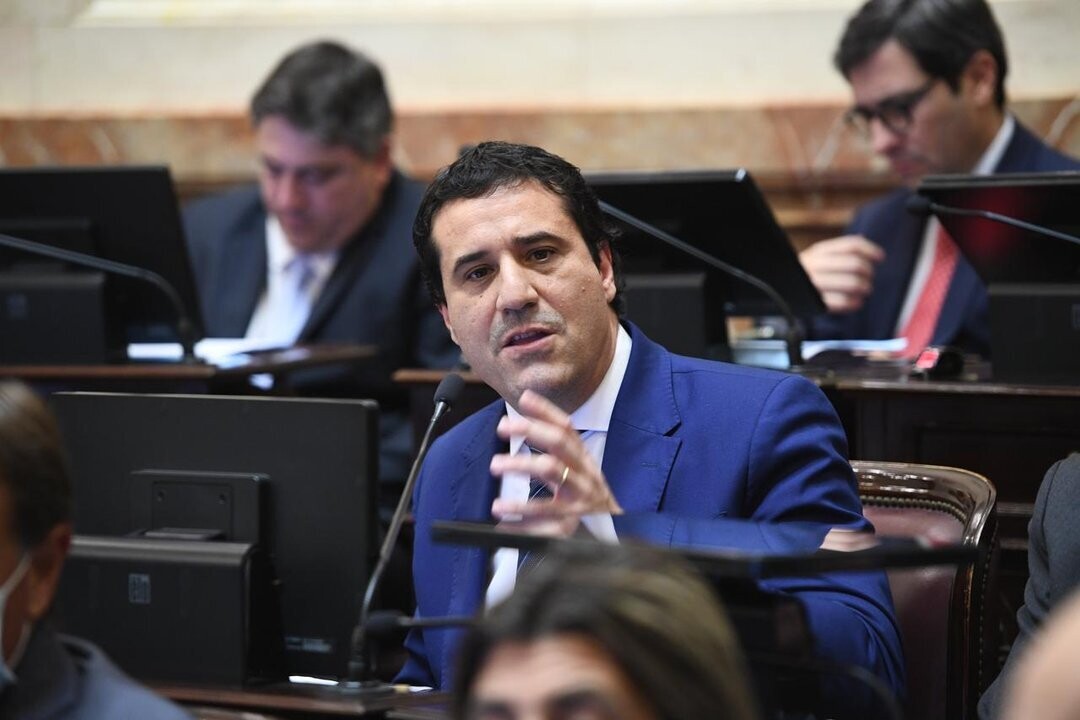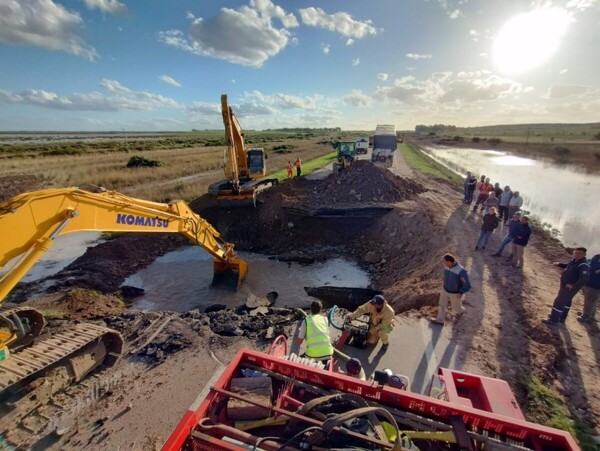
After the tragedy that struck Bahía Blanca and other nearby cities in the province of Buenos Aires in March, the Senate approved a project to declare an emergency in the area for 180 days and create a special fund of 200 million pesos intended for the reconstruction of the city.
The project, promoted by senators Juliana Di Tullio, Eduardo "Wado" de Pedro, and Maximiliano Abad, includes the creation of specific credit lines and tax incentives to support production, commerce, entrepreneurs, and small and medium-sized enterprises in their recovery process. The initiative, which must be ratified by the Chamber of Deputies, is crucial for boosting the reconstruction of public infrastructure, housing, and services affected by the floods.
In a session where the Senate authorities were also ratified, the importance of providing support to the affected areas and implementing concrete measures to assist the affected population was highlighted. Senator Di Tullio emphasized the need to accompany the efforts of the inhabitants of Bahía Blanca with a law that supports their reconstruction and criticized the government's denialist stance on climate change.
For his part, Senator Abad highlighted the solidarity of the Argentine people and the relevance of the actions taken to help the affected areas. He emphasized the importance of a strategic public-private partnership to enhance the development of the cities and underscored the need for willpower to implement the necessary measures.
Additionally, the Senate approved a project to declare an emergency in the Rivadavia Department, in the province of Salta, which also suffered significant flooding in March. Senators such as Sergio Leavy and Guillermo Andrada stressed the difficult situation in the region and the importance of allocating resources toward education, health, and security, as well as the need to plan budgets that consider possible future catastrophes.













